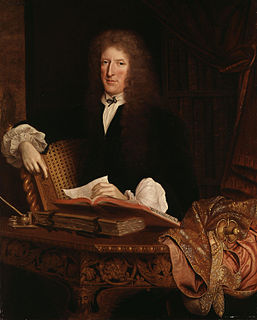A Quote by Abraham Lincoln
I never knew a man who wished to be himself a slave. Consider if you know any good thing, that no man desires for himself.
Related Quotes
The man who is meek is not even sensitive about himself. He is not always watching himself and his own interests. He is not always on the defensive… To be truly meek means we no longer protect ourselves, because we see there is nothing worth defending… The man who is truly meek never pities himself, he is never sorry for himself. He never talks to himself and says, “You are having a hard time, how unkind these people are not to understand you.
I know that in many things I am not like others, but I do not know what I really am like. Man cannot compare himself with any other creature; he is not a monkey, not a cow, not a tree. I am a man. But what is it to be that? Like every other being, I am a splinter of the infinite deity, but I cannot contrast myself with any animal, any plant or any stone. Only a mythical being has a range greater than man's. How then can man form any definite opinions about himself?.
Man is full of desires: he loves only those who can satisfy them all. "This man is a good mathematician," someone will say. But I have no concern for mathematics; he would take me for a proposition. "That one is a good soldier." He would take me for a besieged town. I need, that is to say, a decent man who can accommodate himself to all my desires in a general sort of way.
For the essence of sin is man substituting himself for God [Gen. 3:1-7], while the essence of salvation is God substituting himself for man [2 Cor. 5:21]. Man asserts himself against God and puts himself where only God deserves to be; God sacrifices himself for man and puts himself where only man deserves to be.
A good laugh is a mighty good thing, and rather too scarce a good thing; the more's the pity. So, if any one man, in his own proper person, afford stuff for a good joke to anybody, let him not be backward, but let him cheerfully allow himself to spend and be spent in that way. And the man that has anything bountifully laughable about him, be sure there is more in that man than you perhaps think for.

































